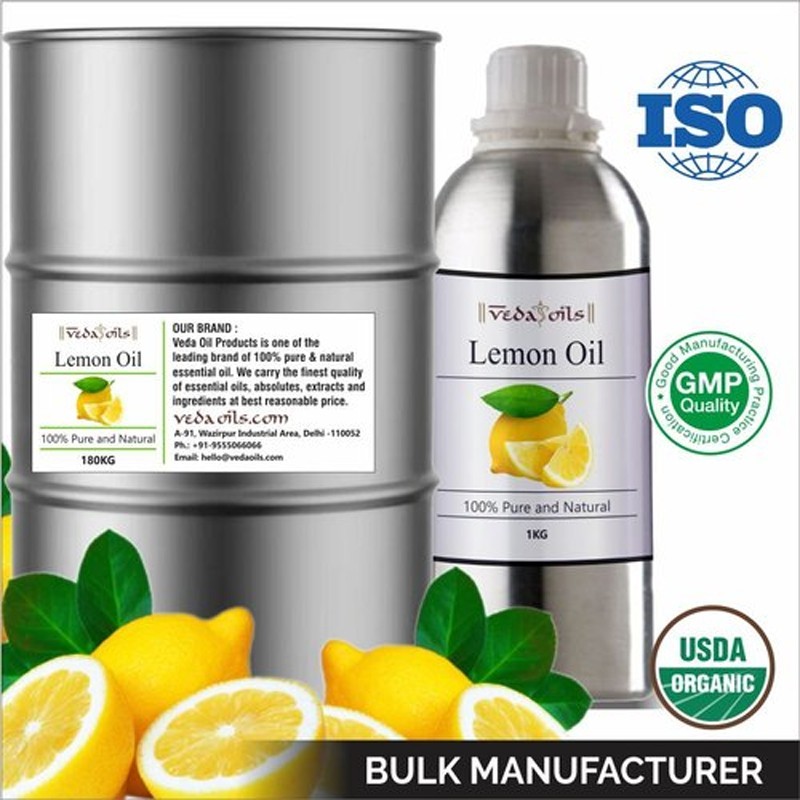
Price :
৳4500
Estimated Shipping Time: Deliveries take up to 2-3 days after you place your order.
Product SKU: TAb65200SUw
| Brand | Vedaoil or Third Party or private Label |
| Form | Liquid |
| Packaging Type | Glass Bottle |
| Fragrance Type | Natural |
| Type | Compound Essential Oil |
| Purity | 99% |
| Minimum Order Quantity | 5 Kilogram |
We are manufacturers of 100% Organic Essential Oils derived from mother earth. We are a popular cosmetic manufacturer across the world. We are bulk suppliers and exporters of 100% Organic Essential Oils. We provide third party contract manufacturing services. We are private label manufacturers. We make organic, handmade and natural beauty products. We are devoted to making cruelty-free products. We create more than 2500 herbal concoctions. We can prepare umpteen variants of herbal creams and lotions in your private label brand. We do not test any of our products on animals. We make premium quality products and strive to provide highest level of customer satisfaction. These 100% Organic Essential Oils are derived from plants and flowers. One of the procedures is steam distillation process to extract these essential oils. These essential oils can be used for aromatherapy purposes as well as in cosmetics such as creams, oils, lotions, shampoos and so on. Never use these essential oils directly over skin. Always mix them in creams, moisturizers and oils to apply on skin. The areas to apply these essential oils are wrist, temples. back of ears, neck, back of neck after dilution. They are handmade, organic and nature-derived. The types of Organic Essential Oils available are aplenty such as Lavender, Rose, Lemongrass, Jasmine, Lily, Agarwood, Wintergreen, Rosehip to name a few. They are known to improve your physical, mental and emotional well-being.
No Review Found.
| Quantity | Discount |
|---|---|
| 10+ | 1% Off |
Login To Comment